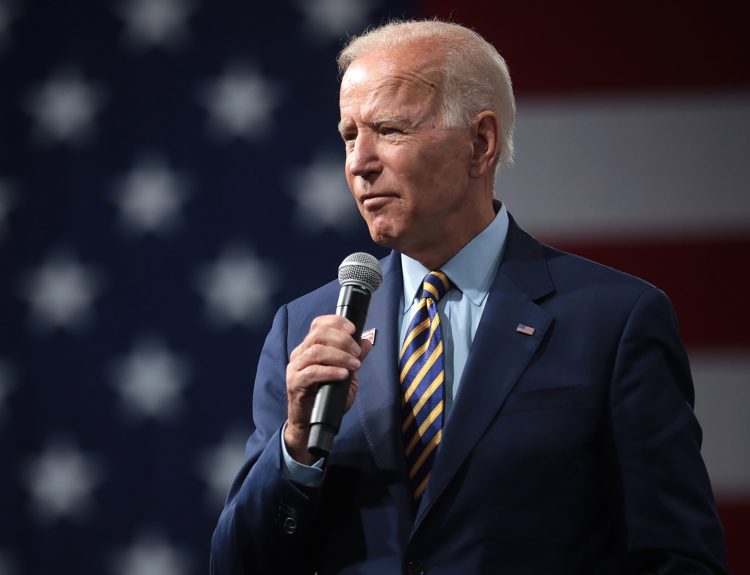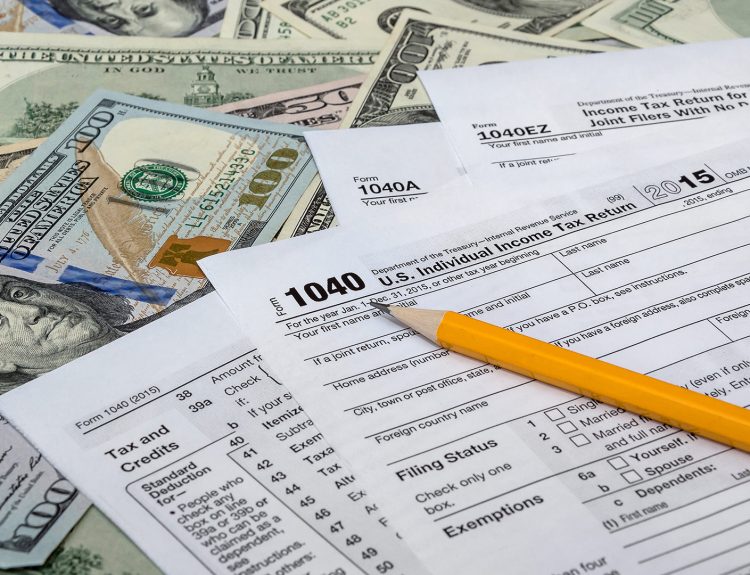Homelessness is a crisis that has been in the headlines more and more in recent months. 2023 saw homelessness rise to a record high in America, with more than 600,000 individuals experiencing homelessness at some point during the year. Solutions to the problem are varied and include both state and federal governments, but not all solutions are good, or equal.
California’s Homelessness Problem
California is a state that has been particularly burdened by the rise in homelessness. Rapidly increasing costs of living, including rents and mortgages, has made it exceptionally challenging to make a comfortable living in the Golden State.
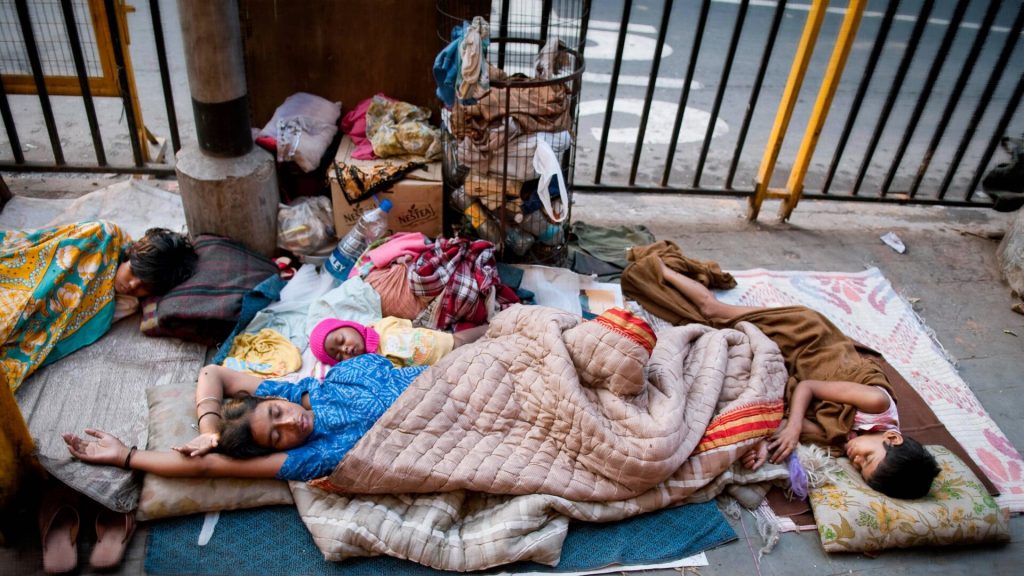
This is in spite of the fact that the state minimum wage in California is significantly higher than most other states, particularly in certain industries. Newsom recently passed a law that raised the minimum wage for fast food workers to $20 an hour in an effort to mitigate the strain that many individuals are facing regarding high costs of living.
Major Cities Particularly Affected
Despite these efforts, cities like Los Angeles and San Francisco have seen massive spikes in homelessness. Large camps of unhoused individuals have become a deterrent to many individuals wanting to visit these cities in California, making addressing them a priority for both federal and local governments.
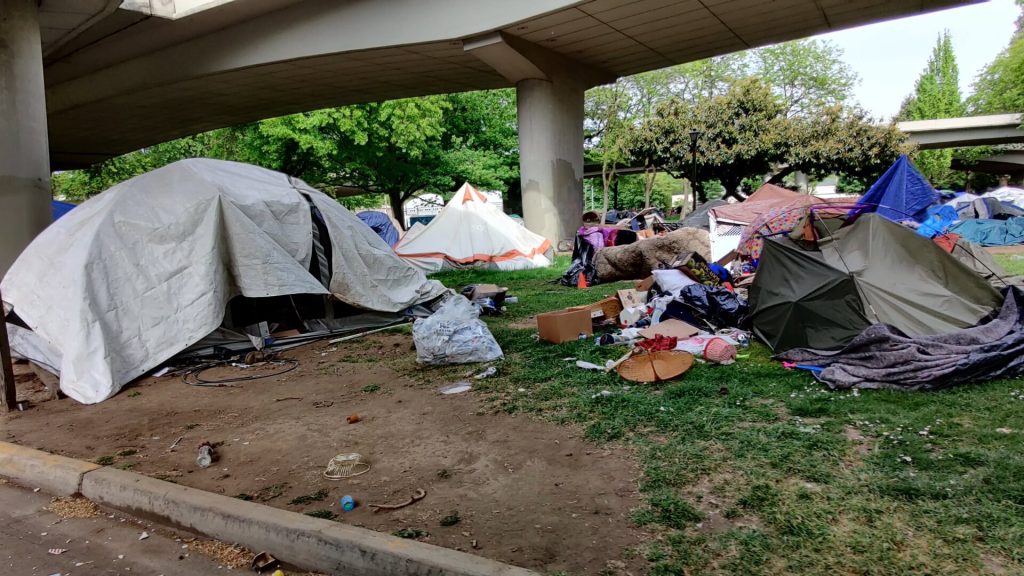
Some of the proposed solutions to the homelessness crisis have addressed peripheral issues that afflict the unhoused, such as poor health. New health clinics have popped up in various cities to try and help unhoused individuals get back on their feet, but not all solutions are created equal.
A New Proposition
In particular, Newsom has come under fire recently for a new proposition that is currently making its way to the ballot in California. Prop 1 is a measure that voters will be addressing on the March 5 statewide ballot, and it would approve major changes to the state’s Mental Health Services Act (MHSA).
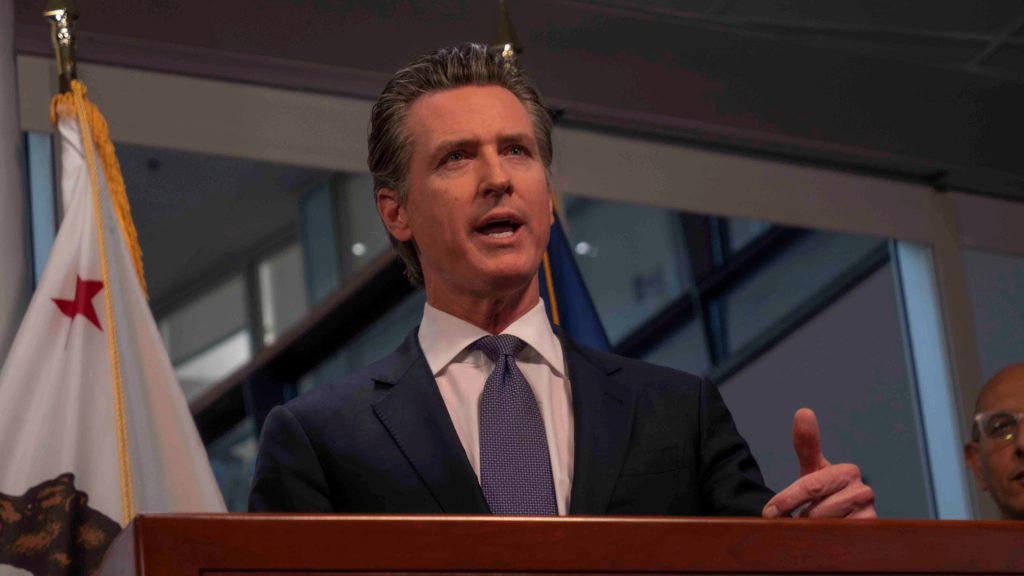
The MHSA was first passed by California voters in 2004, and it is funded by a one percent income tax on personal income in excess of $1 million per year. It was originally designed to expand and transform California’s behavioral health system to better serve individuals with mental health problems.
Tax Revenue to the Rescue
The tax has brought in approximately $2 to $3 billion in tax revenue in the years since it was first implemented, and this had mostly allowed counties to fund programs as they saw fit. The new proposition that voters are addressing in March, though, would make sweeping changes to the program.

Notably, it would change the guidelines that counties have been following for years so that 60% of the funds that are generated by the tax are spent on housing, and programs for homeless people with serious mental illness problems.
A Controversial Proposal
As is common with proposed sweeping changes, there have been some groups that are not happy with Newsom’s proposal. Several mental health advocacy groups have argued that changing the guidelines is too costly, and that it would reduce local funding for existing services.
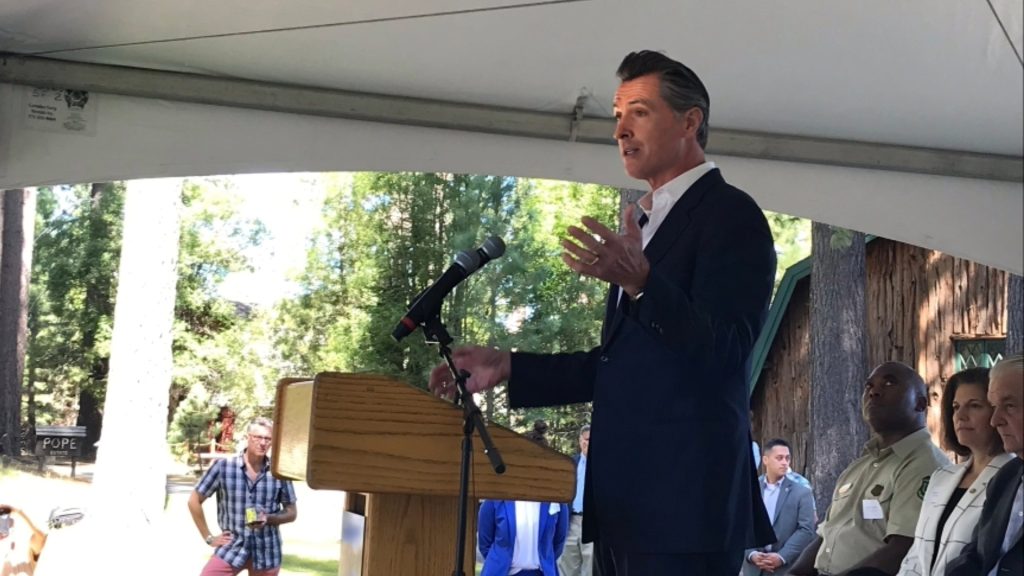
“Everyone agrees that we need more resources for housing,” said Joe Wilson, a man who runs Hospitality House in San Francisco. He continued, “Is this the best way to do it? We don’t believe so.”
California is Disproportionately Burdened
The issue is pressing due to the sheer number of homeless people in California. The state accounts for nearly a third of individuals affected by the homelessness crisis in America, with as many as 75,000 individuals unhoused in Los Angeles County alone.
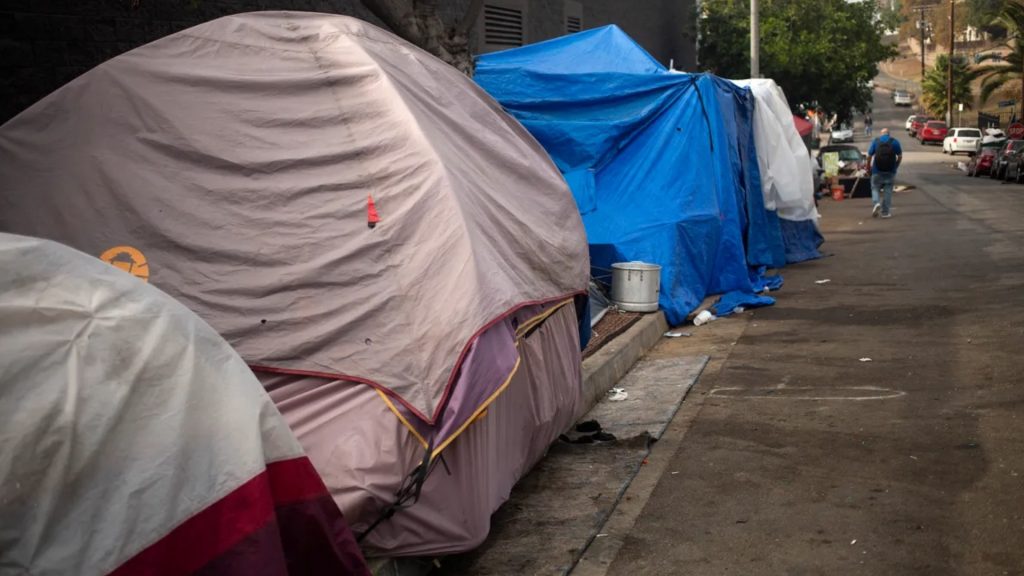
Additionally, individuals who are unhoused appear to be disproportionately burdened by mental health issues. A recent survey by UC San Francisco found that roughly two-thirds of homeless people in California suffer from a mental health disorder, but that less than 20% of those individuals were receiving treatment.
Critics Speak Up
Newsom raised more than $10 million in support of this new measure, and claims that Prop 1 would help get the most vulnerable homeless Californians into care, as well as increasing access to mental health services for the unhoused.
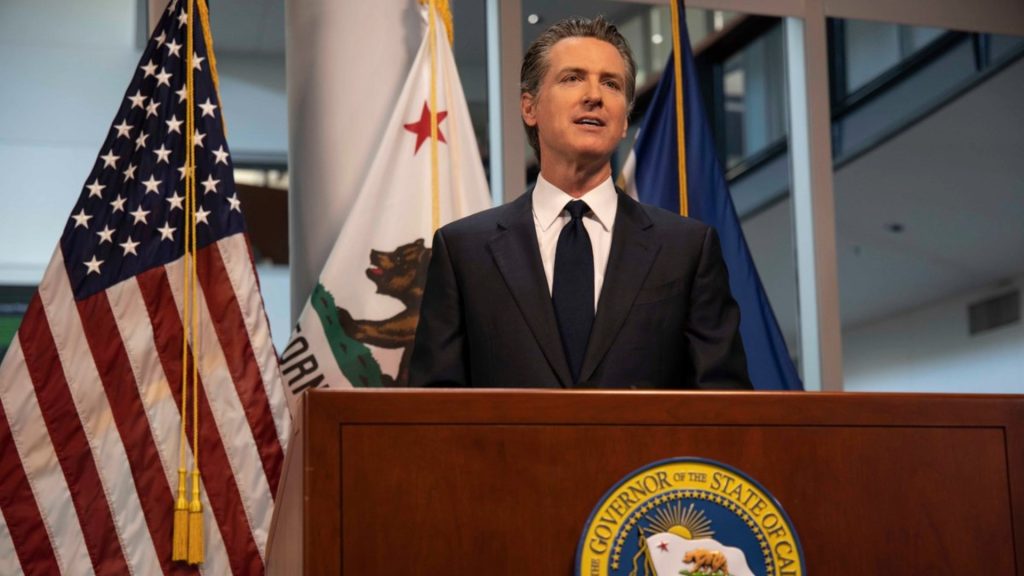
Critics disagree. Major concerns have been expressed that Prop 1 would divert huge amounts of funding into housing projects and take it away from pre-existing programs that are meant to help homeless people. These include programs to help feed, clothe, and physically care for the unhoused with health services.
Mental Health Concerns
Another major concern with the bill is that there is the potential for the funds to be used to fund more beds in psychiatric facilities, which could force unhoused people into involuntary treatment. In these cases, unhoused people often become wards of the state, taking away their autonomy to make decisions for themselves.
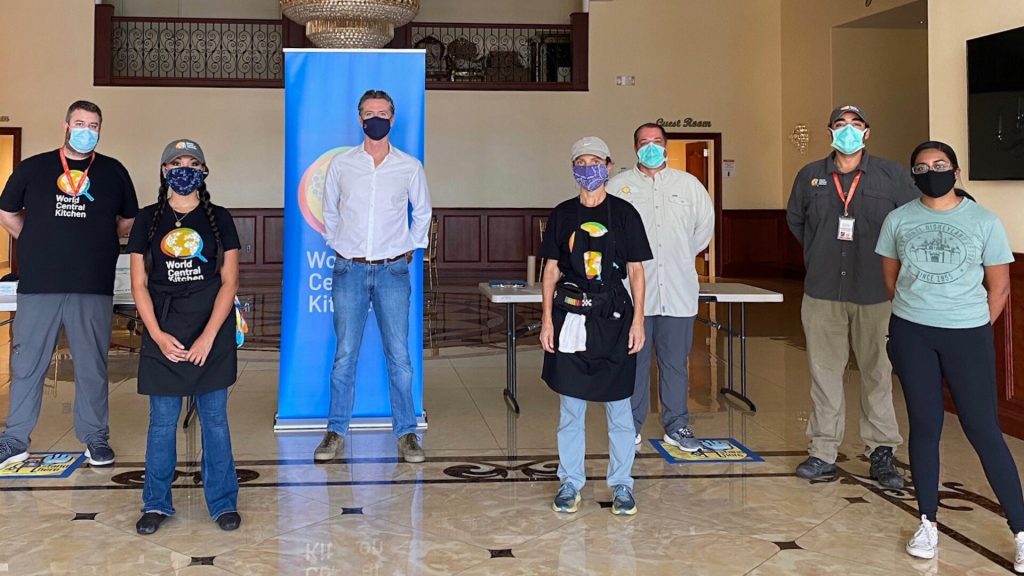
Mark Salazar, the executive director of Mental Health Association of San Francisco, also released a statement that he “vehemently opposed the measure”. He fears that it would allow the state to force unhoused individuals into treatment programs that they’re not ready for, a circumstance that has been historically proven to have poor health outcomes.
The Voters Will Decide
Unfortunately, there is no one solution to the homelessness crisis that will make everyone happy. While the opponents to Prop 1 do bring up valid points, the fact remains that California is suffering a heavy burden from the unhoused, and something needs to be done.
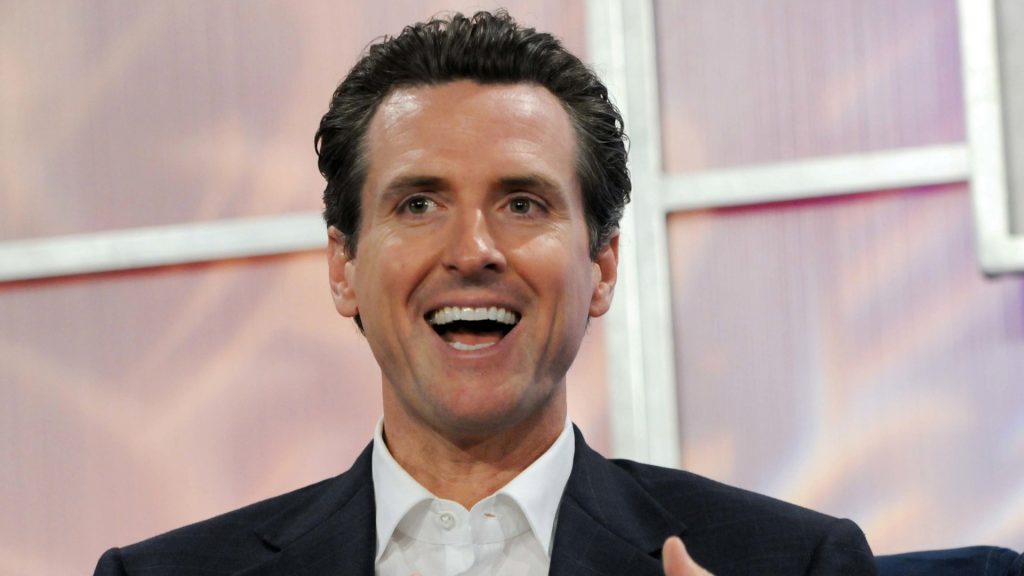
Whether the measure to be taken is, in fact, Prop 1, remains to be seen. Voters will make their voices heard in March. If the measure fails, it’ll be back to the drawing board for Newsom and the California government to come up with a solution that’s a little less controversial, but still makes progress towards helping the unhoused.





